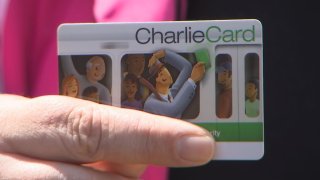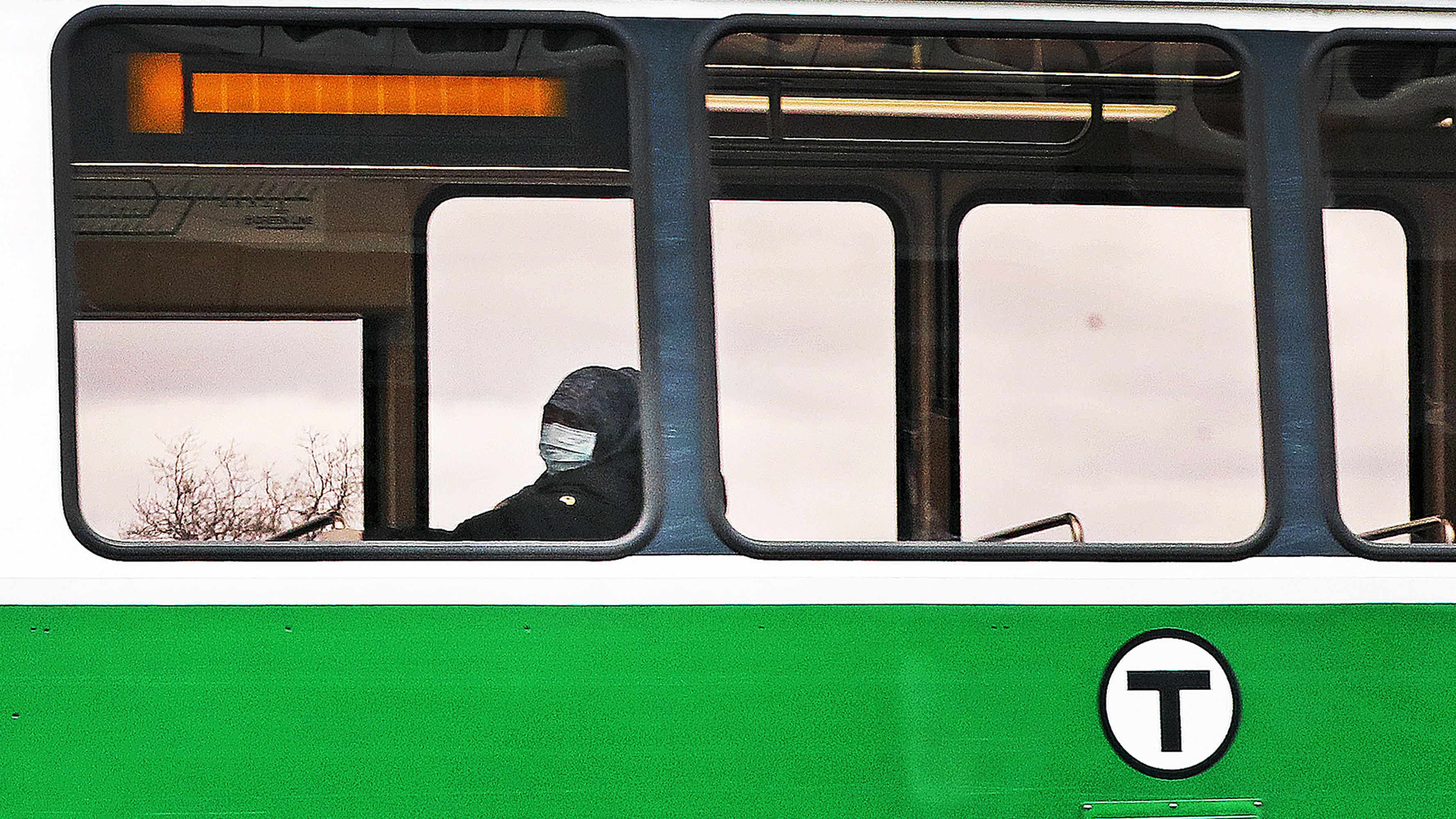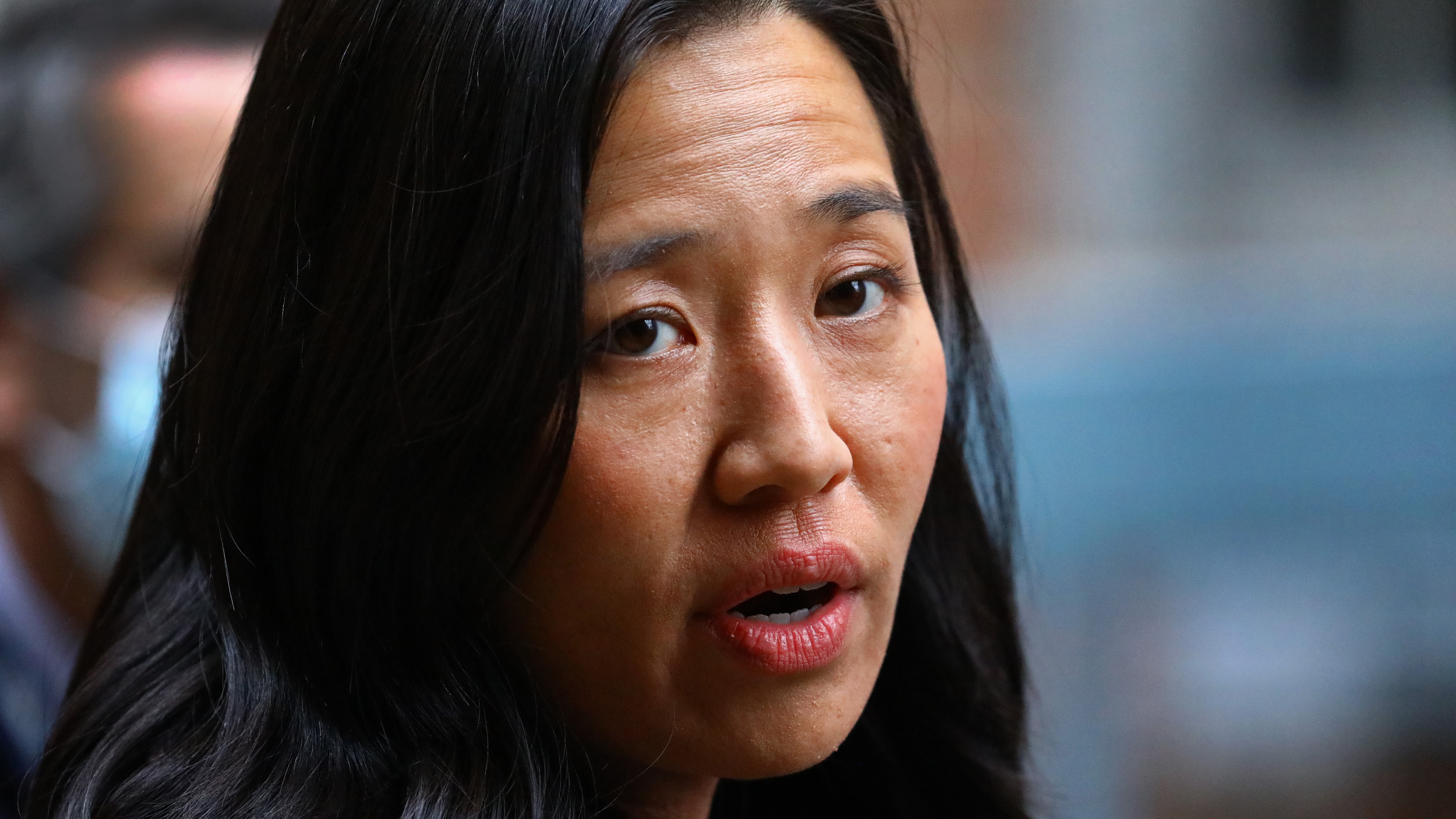
Massachusetts Gov. Maura Healey is taking her first steps toward fulfilling a campaign pledge to create discounted fares for low-income riders who rely on public transportation.
A $5 million line item in Healey's proposed 2024 fiscal year budget would let the Massachusetts Bay Transportation Authority begin laying the groundwork for a means-tested fare program.
Initial steps would include building an online application process and hiring staff to ensure the program moves ahead smoothly.
The MBTA is already researching how much a reduced fare program would cost, how best to enroll eligible riders and what mechanisms are needed to administer the program.
Get Boston local news, weather forecasts, lifestyle and entertainment stories to your inbox. Sign up for NBC Boston’s newsletters.
While no final decisions have been made. MBTA staff have completed a feasibility analysis and hope to move into the implementation phase over the coming year. The MBTA’s board of directors must still make a final decision on the program's design.
During her campaign last year, Healey pledged to pursue “low-income fares and unlimited bus transfers, as well as outlining a pathway to fare-free buses throughout the Commonwealth.”
The Democrat told reporters last week she wants to ensure “if we’re going to going to implement means-tested fares, that we do it in the best possible way,”
“That’s exactly why we wanted to have the money set aside to exactly study what’s going to be the best product we can offer," Healey added.
Get updates on what's happening in Boston to your inbox. Sign up for our News Headlines newsletter.
In their initial analysis of a reduced fare proposal, MBTA staff defined lower-income as 200 percent of the federal poverty level. The reduced fares would apply to all MBTA transit services including subway bus, commuter rail, ferry and paratransit services.
The program would follow the model similar to other existing MBTA reduced fare programs — a half-priced fare for nearly all single ride tickets and monthly passes, and a 60% discount for monthly passes in the inner-core of the MBTA service area.
The MBTA already has discounted fare programs for students and people aged 65 and older.
The push for reduced fare riders isn't new, according to Stacy Thompson, executive director of LivableStreets Alliance, a public transportation advocacy group.
Thompson pointed to a 2019 Massachusetts Institute of Technology study that found that low-income riders who received a 50% discounted fare took more trips than lower-income riders paying a regular fare, including more trips related to health care and social services. More of their trips occurred during off-peak times compared to average MBTA riders.
That support extends to state lawmakers, who have approved similar programs.
Former Gov. Charlie Baker blocked those efforts, citing concerns about pushing a reduced fare program at a time when the MBTA is facing a host of daunting challenges.
“More study is needed to understand how transit authorities can implement fare systems that depend on gathering information about riders' incomes and to understand what the revenue loss would be and how that revenue would be replaced,” the Republican wrote in 2021.
Healey said the $5 million would come from additional revenues collected through the state's new “millionaire tax.”
Democratic Senate President Karen Spilka has stressed the need for reduced fare programs.
“Public transit is a lifeline for so many working families in the Commonwealth, who use it to get to work, school, and to bring children to childcare," Spilka said last year.
With a new governor, advocates hope the proposal will become law.
Boston is lagging behind other cities, including New York City, which offers lower income New Yorkers a 50% discount on subway and eligible bus fares, and San Francisco, which offers a 50% discount to those with an annual incomes at or below 200% of the federal poverty level.
Healey's fare plan comes as Boston Mayor Michelle Wu continues to push for free MBTA fares. There are currently three free MBTA bus routes in Boston with the city's picking up the tab. The program is set to expire at the end of February, 2024.



